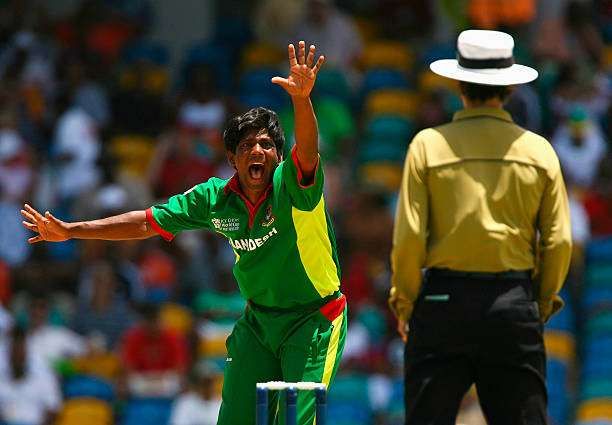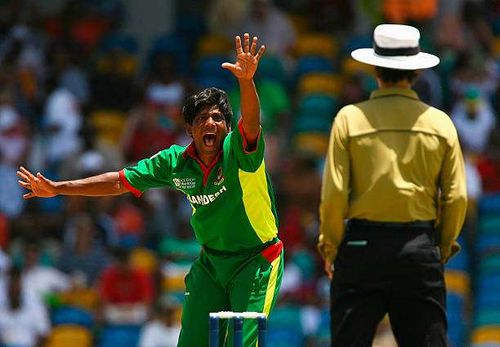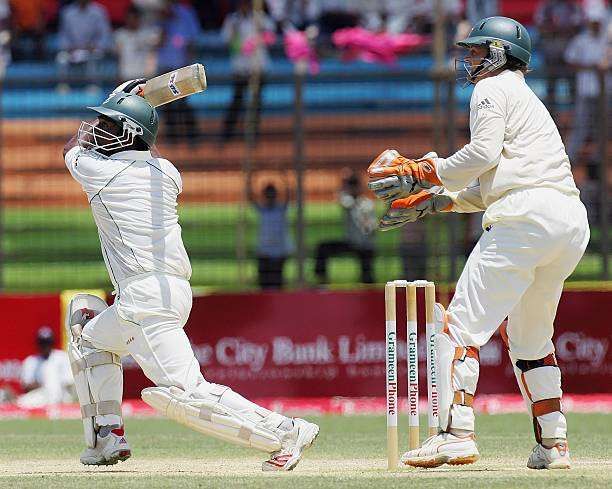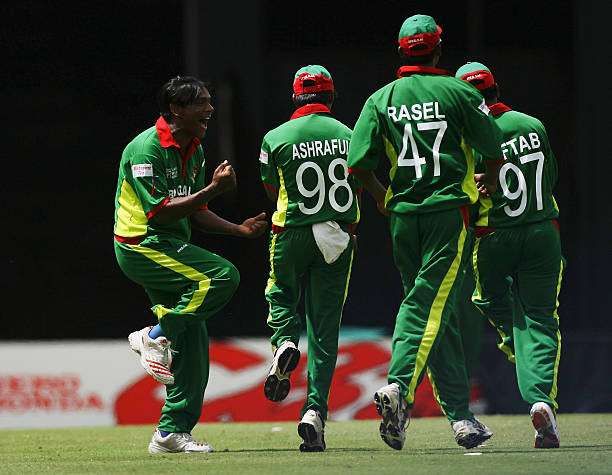
SKipper: Mohammad Rafique, the Tiger who never lost his hunger
Every sportsman and sportswoman struggling in the early days of their careers would tell you that breaking through the glass ceiling into the top echelons of the sport is an extremely difficult task. The kings and queens are perched on their thrones and every seat in the court is already occupied.
How does a new player, a new team, a new challenger find a place here? The situation, in particular, is quite dire in cricket. Even though less than a dozen teams sit at the high table, there isn’t a spot available for anyone new.
A new team will not have the history of the Ashes series or the legacy of Sachin Tendulkar. A new team will be full of unknown names that attract little attention.
When the calendar is already choc-a-bloc and there isn’t even a fortnight to spare, how does a fledgling nation with cricketing ambitions convince others that they are worth the time and the money? How does the team prove they are worth a bilateral series?
In the past decade and a half, Bangladesh has come up against this challenge. And its answer has simply been their players. These are men whose passion oozes from every inch of their skin, their muscles and their bones. They play with heart, they play with soul, and they are impossible to ignore.
Men like Mohammad Rafique.
A career glittering with records
Rafique was 30 years old when he made his Test debut for Bangladesh in November 2000. The delay wasn’t his fault; this was his country’s first Test match. A slow left-arm bowler, he took on the Indian batsmen with grit and determination, ably supporting his captain Naimur Rahman in the bowling department. He scalped Rahul Dravid’s prized wicket and ended up with the team’s most economical figures.
As Bangladesh continued its struggle to establish itself as a competent side in both the Test and ODI format, Rafique was an steady pillar in its foundations. His wily bowling and temperament meant he was at the forefront of any challenge mounted by the Tigers. He was handy with the bat as well and his legacy is littered with records.
His 6/77 against South Africa in 2003 were the best Test figures by a Bangladeshi bowler at that time. He was the leading wicket-taker in the subsequent series against England and his 5/65 in the first innings was one of the reasons Bangladesh beat Zimbabwe to win its first Test ever in Dhaka in 2005. Walking to the pitch at 6 wickets down, he also scored 69 runs with the bat.
Rafique’s batting often came to the rescue in the ODI format as well, where again his bowling was accurate. In Bangladesh’s first ODI win against Kenya in 1998, he scored 77 runs, took 3 wickets and was adjudicated the Man of the Match.
By the time Rafique ended his career in early 2008, he had multiple honours against his name. He is the first Bangladeshi to collect a thousand runs and hundred wickets in Test matches.
His abilities won him the Bangladesh Cricketer of the Year award in 2005 as well as both Bowler of the Year and All-Rounder of the Year in 2006. He also merited selection in the World XI squad in the Super Series that year.
A legacy for the future
Almost a decade has passed since he retired and as is apparent by Bangladesh’s rise to the semi-finals in ICC Champion’s Trophy 2017, they are now a team that cannot be easily discounted. That rise in world cricket has been possible only by the propelling power of players like Mohammad Rafique.
The current crop of players in the national side grew up watching the southpaw bowler leave his last drop of sweat on the field. They consider themselves no less than other teams; they consider themselves world beaters. Their self-confidence is a direct reflection of Rafique’s outstanding performances against players with a reputation much greater than his own.
It is perhaps a bit unfortunate that Rafique was never his team’s captain. He had been reported for a suspect bowling action in the early stages of his Test career and that left a blot that must have marked him until the end of his career. His public spat with Dav Whatmore, the team’s coach, would have meant that he never fully had the management’s confidence.
But in the memory of most cricket fans, it is not impossible to imagine Rafique standing at the front of his squad of Tigers, all hungry for victory. They will remember India’s first round exit from the 2007 World Cup, thanks mostly to their defeat against Bangladesh. Rafique wasn’t leading the team in the score card but he still took three crucial wickets, sending Sourav Ganguly, Rahul Dravid and MS Dhoni back to the pavilion.
Rafique may not have been the captain but when their team demands it, real leaders don’t worry about labels. They simply lead.


